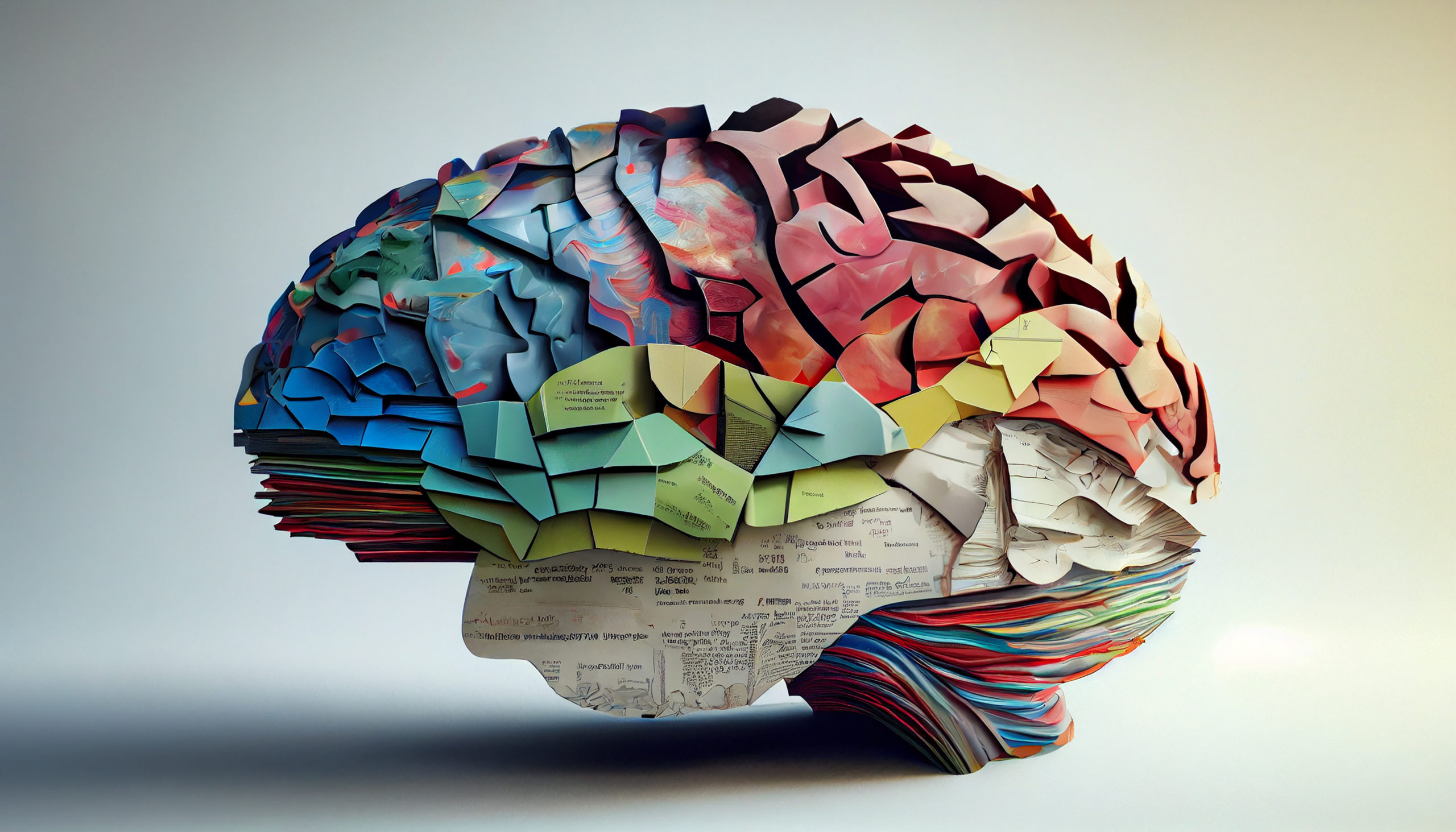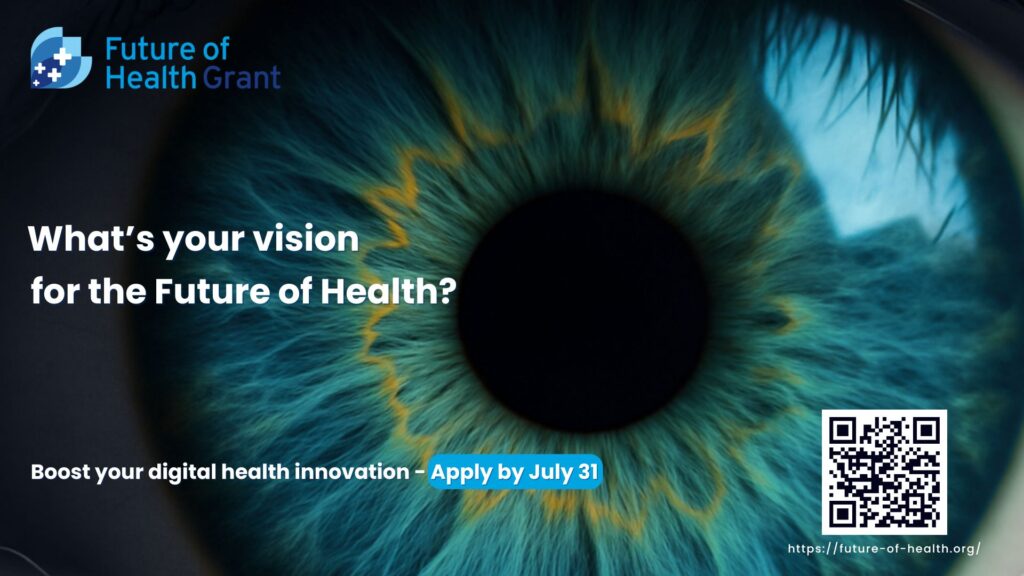This week, we delve into a theme that evokes both fascination and concern: the rapid advancements in neurotechnologies combined with artificial intelligence.
Recently, UNESCO sounded the alarm, warning that this convergence of breakthroughs, such as brain implants, could threaten individuals’ mental privacy. The ability to decode human thoughts and translate them into written language, as reported by American scientists last May, opens up breathtaking possibilities but also raises ethical questions.
Neuralink, Elon Musk’s company, has also been in the spotlight, obtaining permission to test its brain implants on humans in the United States. These devices, no larger than a coin, are part of a booming sector. Indeed, investments in neurotechnology companies have skyrocketed, reaching $33.2 billion between 2010 and 2020, according to UNESCO.
In the face of this acceleration, it is crucial to consider ethical issues and the protection of human rights. The agency is currently working on a global “ethical framework” to regulate these new technologies and ensure responsible use.
>> All the latest news and trends in the digital health field are now available in your weekly.
>> Subscribe here
See you next Thursday!
Your Swiss Digital Health team






